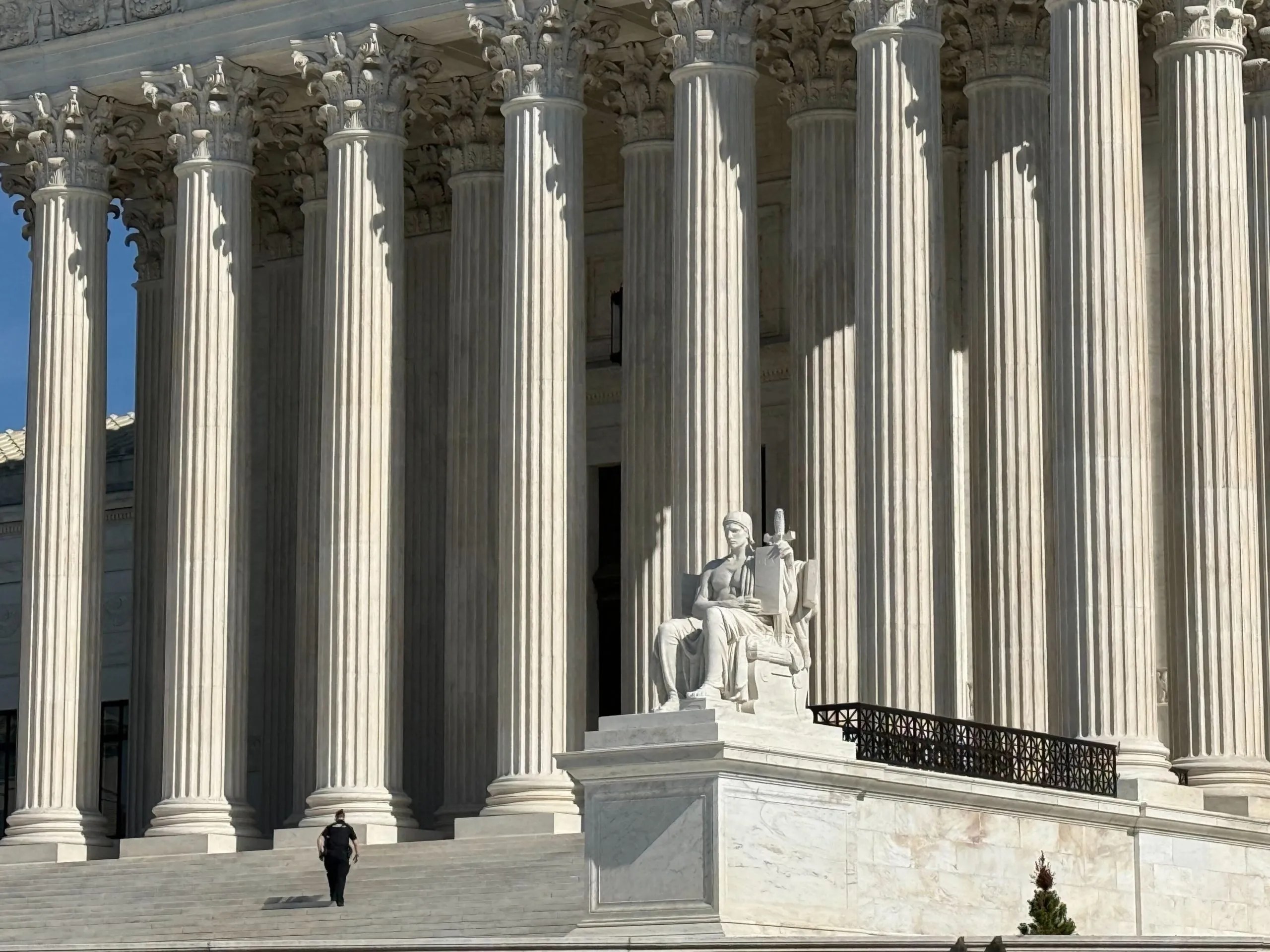Trump administration urges Supreme Court to pause order requiring payment of grants linked to DEI initiatives


Updated on August 1 at 9:57 am
The Trump administration came once again to the Supreme Court on Thursday afternoon and asked the justices to pause an order by a federal court in Massachusetts that would require the National Institutes of Health to pay grants that NIH had terminated because they conflicted with the Trump administration’s “policy positions on diversity, equity, and inclusion.” U.S. Solicitor General D. John Sauer told the justices that the case “presents a particularly clear case for this Court to intervene and stop errant district courts from continuing to disregard this Court’s rulings.”
The government relies on an April 4, 2025, order in which the Supreme Court temporarily allowed the Department of Education to halt millions of dollars in teacher-training grants that included funding for DEI initiatives. In an unsigned three-page opinion in that case, a divided court concluded that the government is likely to show that U.S. District Judge William Young did not have the authority to order the government to make the payments under the federal law governing administrative agencies. A federal law known as the Tucker Act, the majority stressed, gives the Court of Federal Claims the power to hear lawsuits arising from contracts with the United States.
Once the funds were disbursed, the majority reasoned, the government likely would not be able to get them back. By contrast, the majority suggested, the recipients of the funds would not be permanently harmed if the funds are withheld while the litigation continues, because they can always seek repayment later.
In his filing on Thursday, Sauer argued that the Supreme Court’s ruling in the Department of Education case should foreclose any effort to require NIH to continue paying out grant funds in this case. He complained that defiance by district courts of the Department of Education ruling “has grown to epidemic proportions.”
And he pointed to Wednesday’s ruling clearing the way for the Trump administration to fire three Democratic appointees to the Consumer Product Safety Commission, in which it had explained that the outcome was “squarely control[led]” by the court’s order in a similar case from May.
“As this Court explained yesterday,” Sauer wrote, “when lower courts face materially identical stay requests, this Court’s emergency orders ‘squarely control[].’ Our judicial system rests on vertical stare decisis” – that is, the idea that lower courts should adhere to the precedents set by higher courts – rather than on “a lower-court free-for-all where individual district judges feel free to elevate their own policy judgements over those of the Executive Branch, and their own legal judgments over those of this Court.”
Posted in Court News, Emergency appeals and applications
Cases: National Institutes of Health v. American Public Health Association